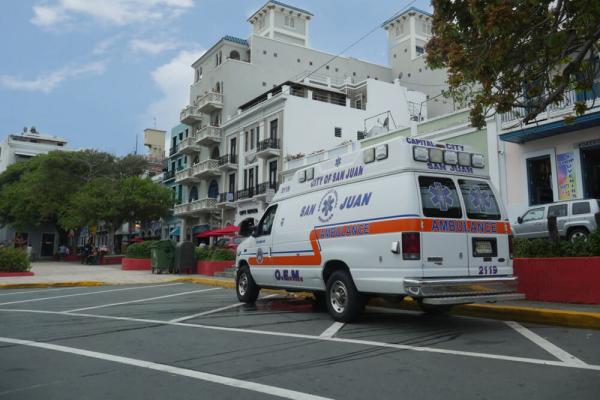Aug 13, 2019
Paul wrote to early Christians that God intends them to be free. We hear constant reminders of the freedom that we have as Americans and the price that has been paid for our freedoms, but what does freedom really mean? Does our current medical system embody freedom?
Read the Full Article

Already a subscriber? Login
